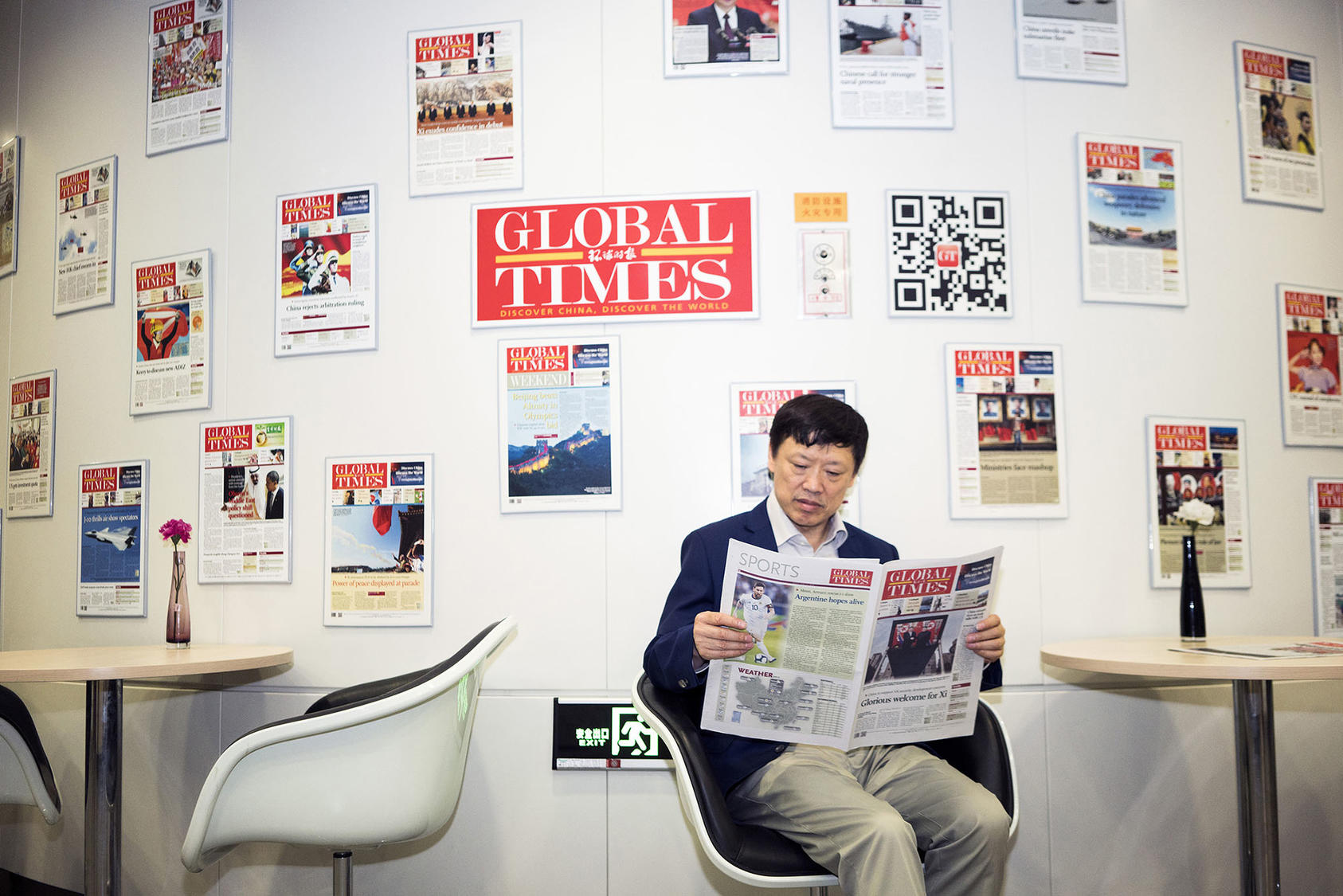“Sewage of the Cold War”: China’s Expanding Narratives on NATO
Although China’s views on NATO have fluctuated since the early days of the Cold War, Beijing’s recent statements on the alliance have sharpened. This report argues that they amount to a “rhetorical attack” on the alliance’s legitimacy that can potentially undermine trust among its Asia-Pacific partners and, more broadly, confidence in Western ideas of collective security. The report offers recommendations for investments NATO should make in understanding, tracking, and countering Chinese narratives about the alliance.

Summary
- Since the founding of the People’s Republic of China in 1949, Sino-NATO relations have oscillated between adversary and ally.
- Since 2019, Beijing’s communications on NATO have sharpened in ways that amount to a rhetorical attack on the alliance. This shift has coincided with intensified Sino-US competition, Chinese concerns about multilateral security associations in Asia, and closer Sino-Russia relations.
- China’s recent critiques of NATO contend that the organization is an obsolete artifact of the Cold War and a belligerent force that undermines regional peace and stability. China’s rhetoric also portrays NATO’s partnerships as an illegitimate intrusion into the Asia-Pacific region.
- Although the audience for China’s narrative on NATO may be as much domestic as foreign, if the message is not countered, it could undermine the alliance’s efforts to sustain and develop Indo-Pacific partnerships and erode support for alliances with the United States more generally.
- NATO should, therefore, make proportionate investments to equip itself with mechanisms for monitoring, analyzing, and responding to China’s rhetorical attacks.
About the Report
Drawing on open-source information and communications, this report examines the recent adversarial shift in China’s public statements about NATO and builds the case that NATO should invest in efforts to understand, track, and counter China’s narratives about the alliance. The report was commissioned by the China program of the United States Institute of Peace.
About the Author
Philip Shetler-Jones is a senior research fellow at the International Security Studies Department of the Royal United Services Institute (RUSI) in London, where he focuses on geopolitical relations in the Indo-Pacific region. Previously, he served as an officer in the UK Royal Marine Commandos; held positions at the United Nations and the European Union; and consulted for NATO, the Organisation for Security Co-operation in Europe, the UK Ministry of Defence, and Chatham House.



